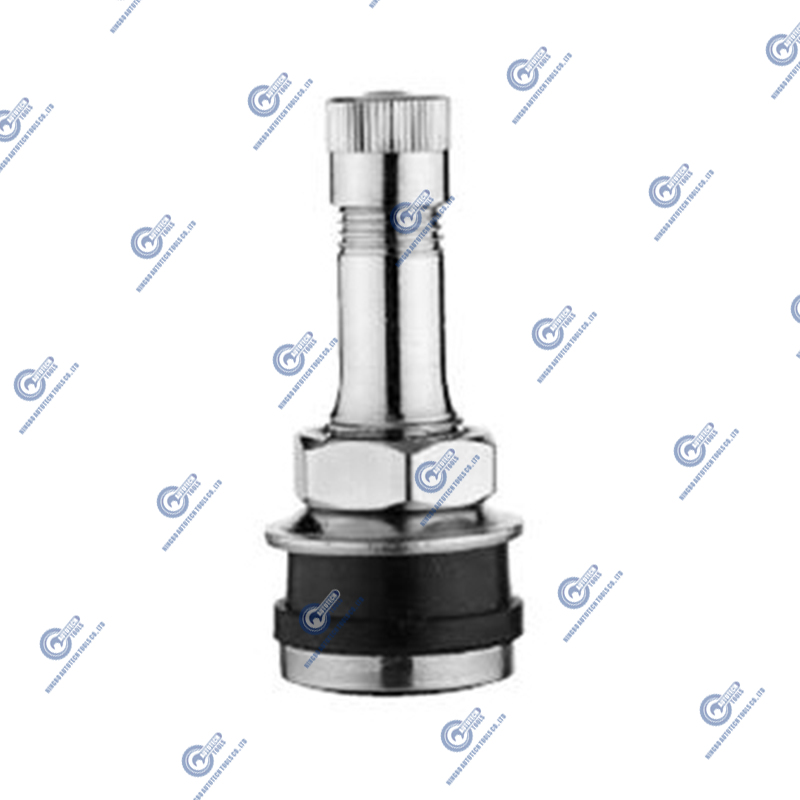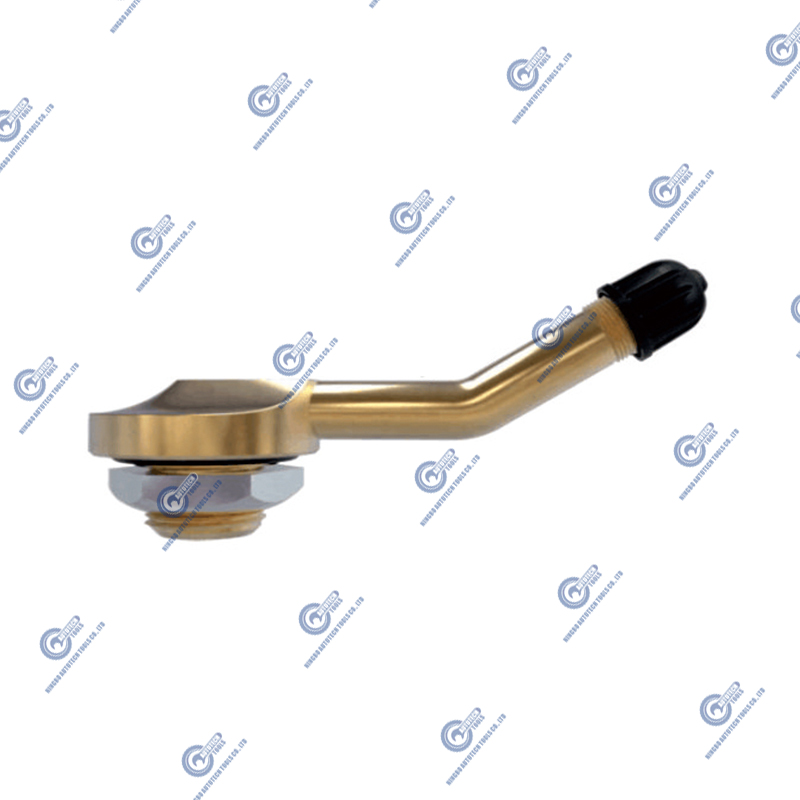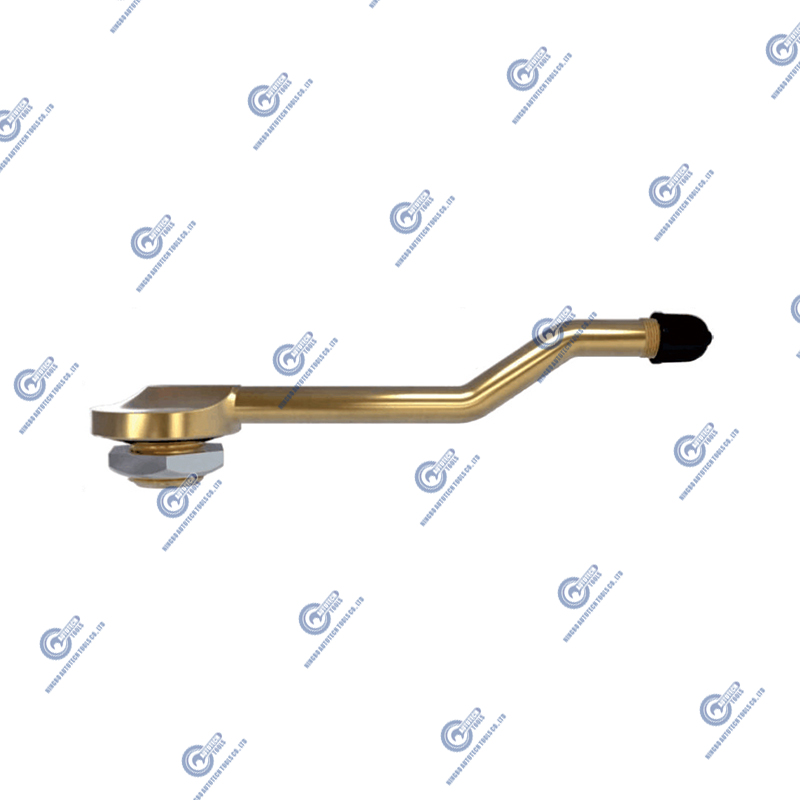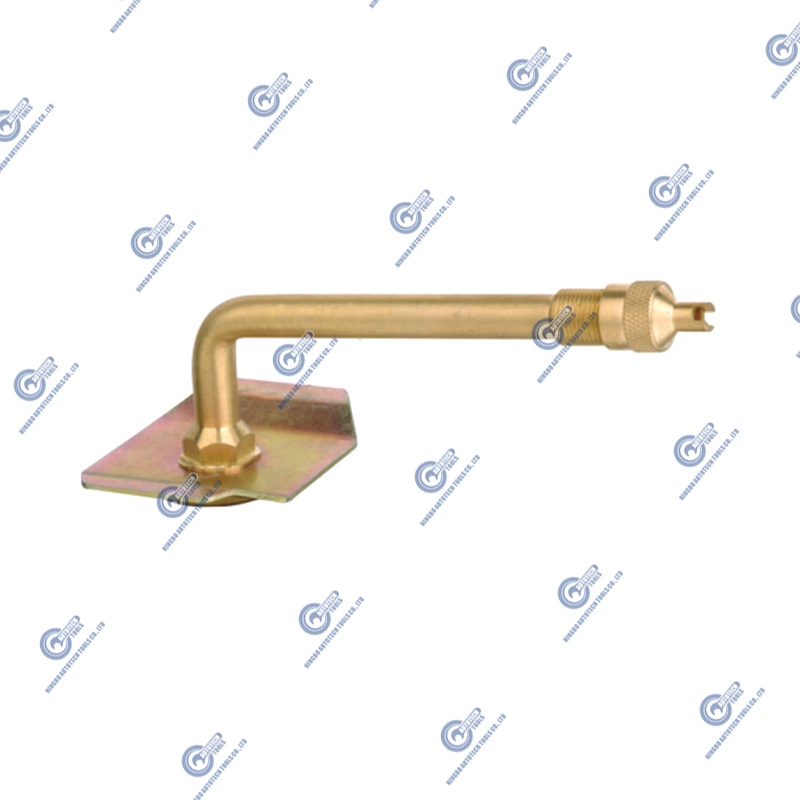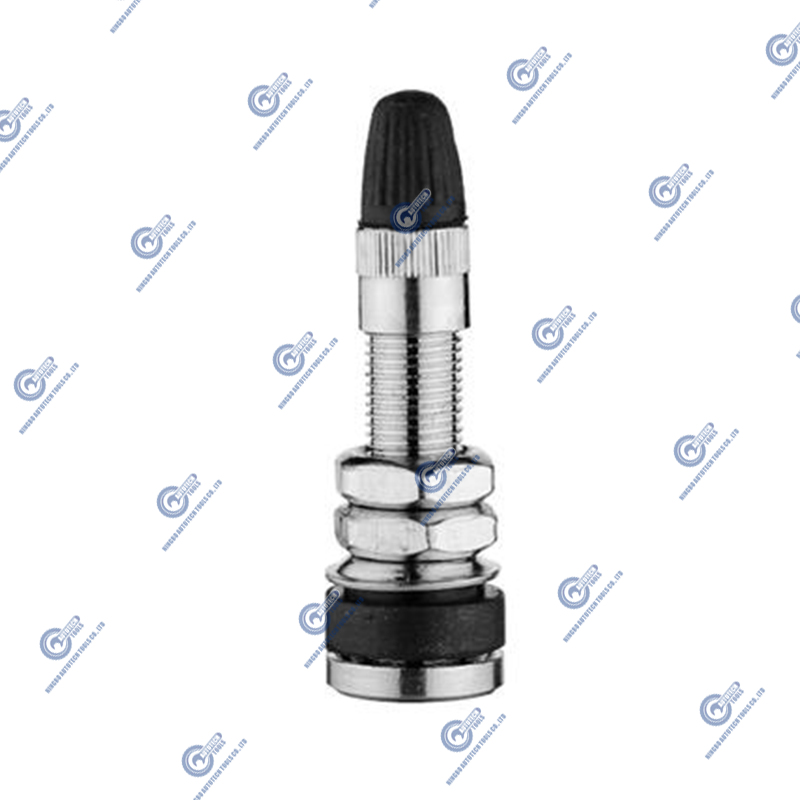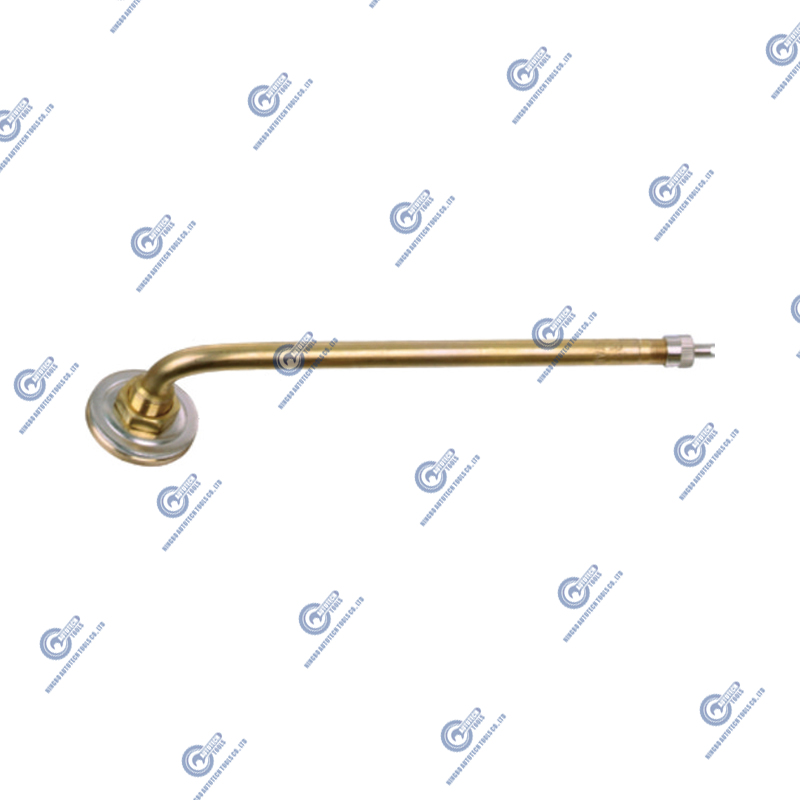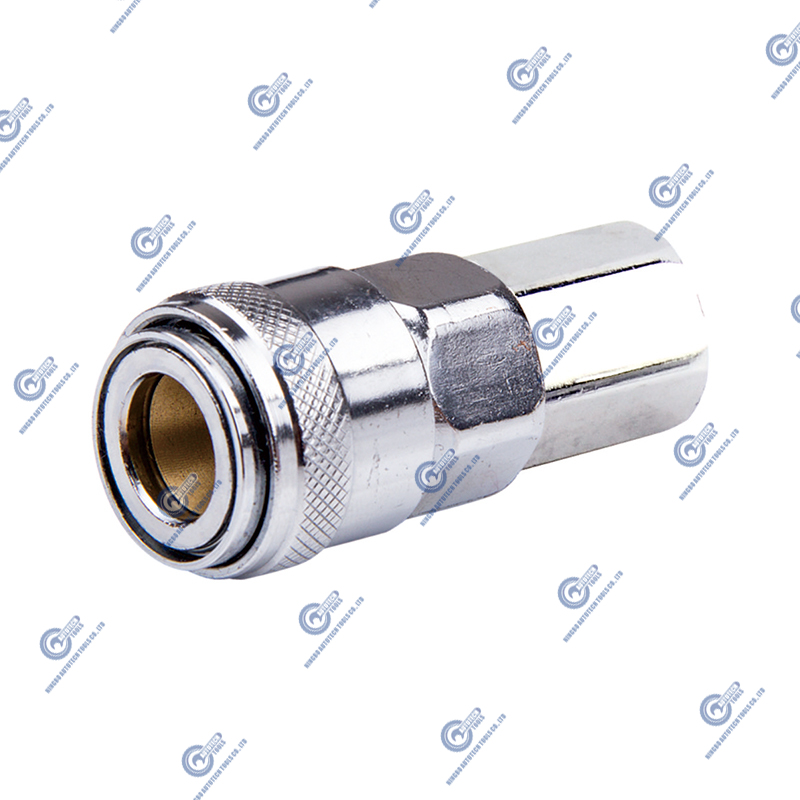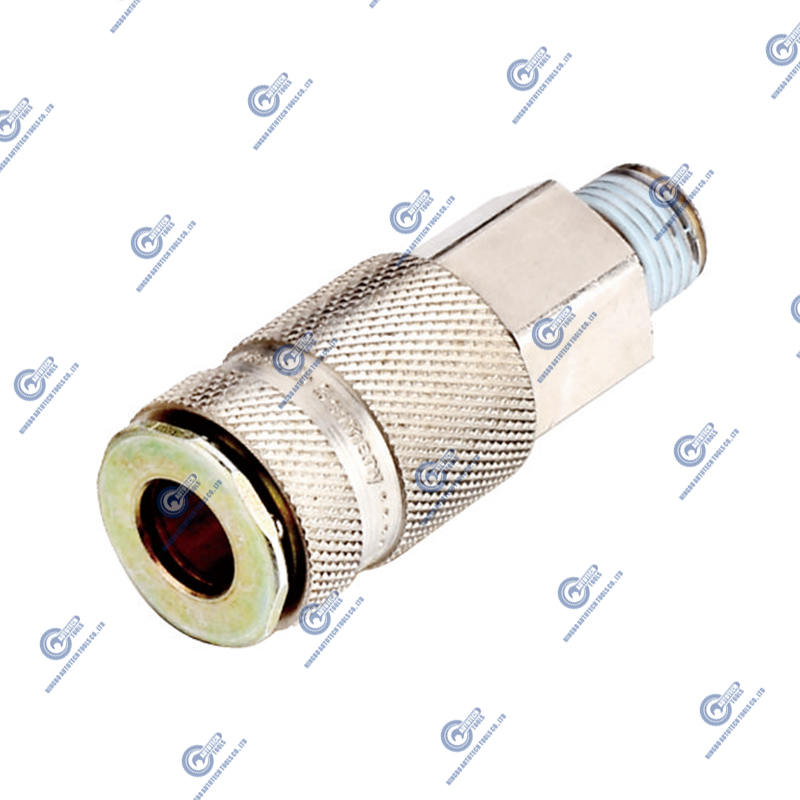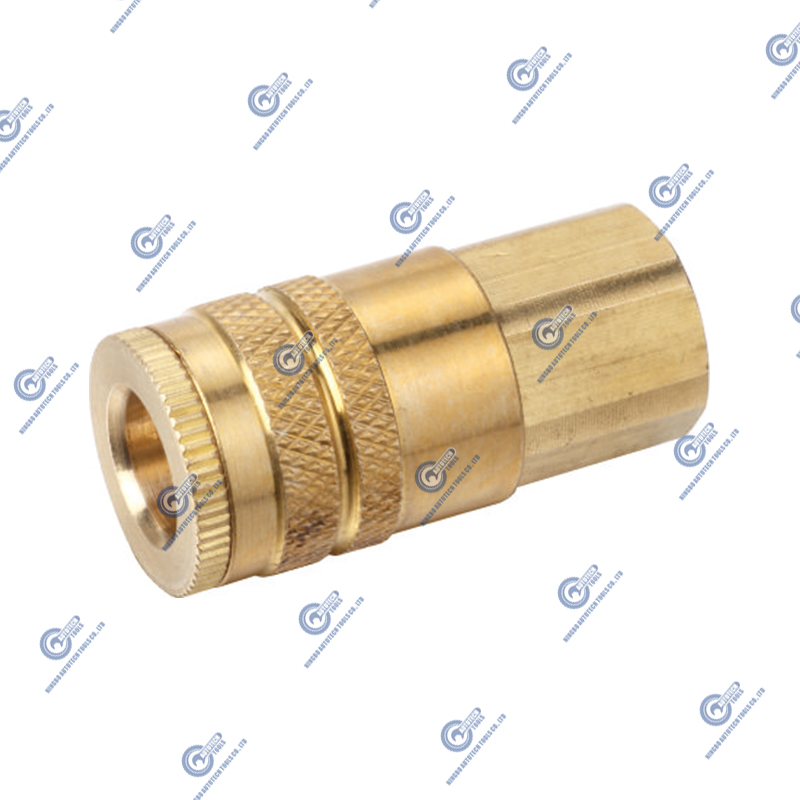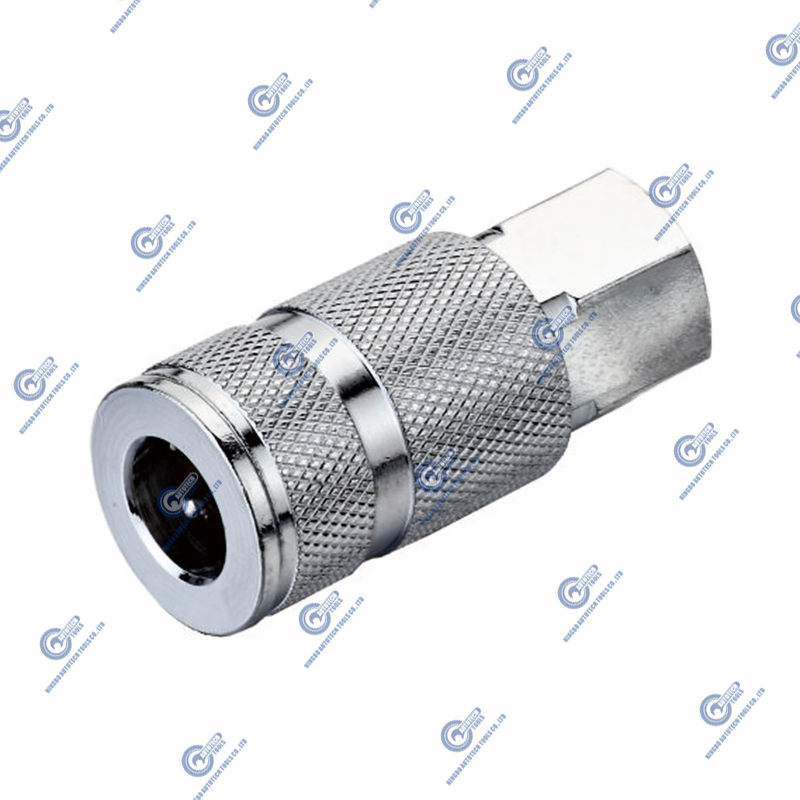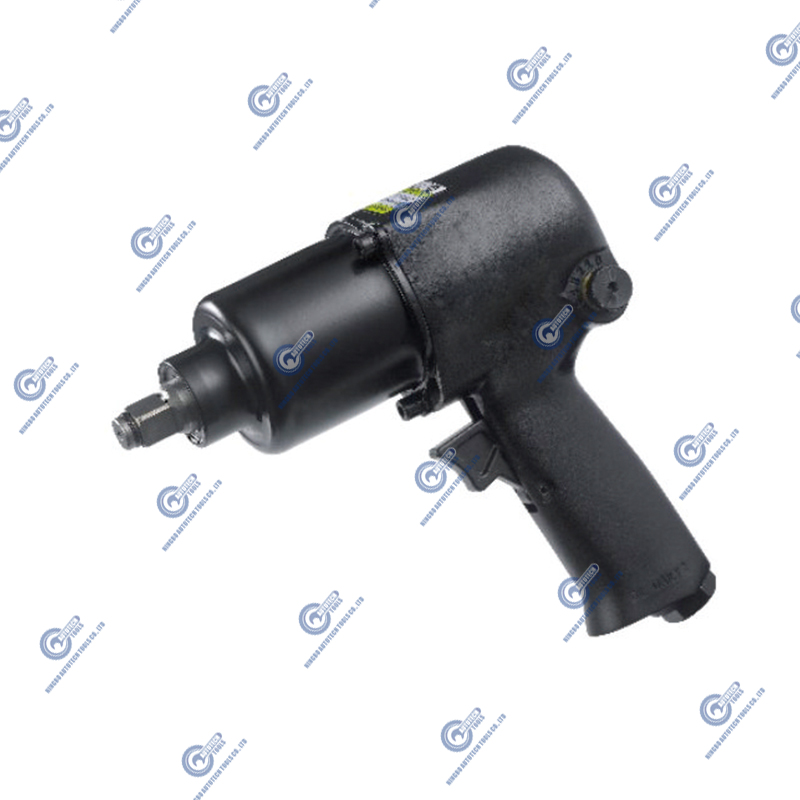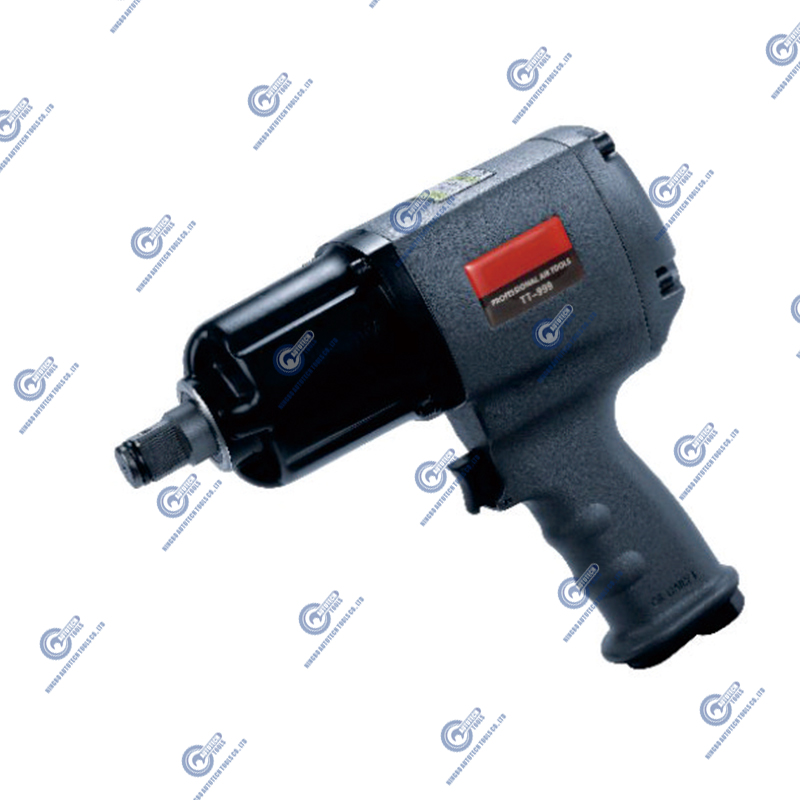What Are Rubber Base Valves and How Do They Work in Industrial Applications?
 2025.11.10
2025.11.10
 Industry news
Industry news
Rubber base valves are an essential part of various industrial systems, especially in situations where it’s necessary to control the flow of liquids or gases. These valves use rubber as the primary sealing material to prevent leakage and maintain system integrity.
Key Features of Rubber Base Valves
The core feature of rubber base valves lies in their ability to provide a reliable, flexible seal made of rubber, which serves multiple purposes such as preventing leaks and ensuring smooth operation in systems that manage fluids or gases. Rubber base valves can be designed in different forms, such as ball valves, gate valves, and check valves.
Rubber Sealing Material
One of the most critical components of a rubber base valve is its rubber sealing element. Rubber is chosen due to its elasticity, resistance to wear, and its ability to adapt to the dynamic conditions of fluid and gas systems. Several types of rubber materials can be used depending on the specific requirements of the application, including:
- Nitrile Rubber: Known for its resistance to oils, fuels, and various chemicals, nitrile rubber is often used in automotive, chemical, and oil industries.
- EPDM (Ethylene Propylene Diene Monomer): Highly resistant to weathering, aging, and heat, EPDM rubber is commonly used in outdoor, high-temperature applications such as water treatment plants and HVAC systems.
- Silicone Rubber: Known for its high-temperature stability and flexibility, silicone rubber is used in industries that involve extreme conditions or require biocompatibility, such as the food and medical sectors.
The choice of rubber material influences the overall performance, durability, and lifespan of the valve, as well as its resistance to the environment in which it’s used.
Versatile Valve Design
Rubber base valves are designed to meet the specific needs of a wide range of industrial processes. They come in different types to serve distinct purposes. Some of the most common valve types include:
- Ball Valves: These valves use a rotating ball with a hole in the middle to control the flow of fluids or gases. The rubber seal ensures that the ball remains in place, preventing leaks.
- Gate Valves: These are linear valves used to start or stop the flow of material. The rubber seal around the gate prevents leakage when the valve is closed.
- Check Valves: These valves allow fluid or gas to flow in only one direction, using a rubber-based sealing mechanism to prevent backflow.
Each type of valve can be equipped with a rubber seal, which ensures tight closure and leak-proof performance.
Leak Prevention
One of the most significant advantages of rubber base valves is their effectiveness in preventing leaks. In industrial settings, leakage of fluids or gases can result in safety hazards, environmental damage, or loss of product. The rubber seal forms a tight barrier that prevents any material from escaping, even when subjected to varying pressures and temperatures. The flexibility of rubber allows it to conform perfectly to the mating surfaces, ensuring a secure and reliable seal.
How Do They Work in Industrial Applications?
Rubber base valves play a vital role in a range of industrial applications, from chemical processing plants to water treatment facilities. Their ability to control the flow of fluids and gases in these environments is essential for maintaining safe and efficient operations. Here’s an in-depth look at how rubber base valves work in different industrial scenarios.
Flow Control
In industrial systems, controlling the flow of fluids or gases is crucial to ensure process efficiency and safety. Rubber base valves regulate flow in the following ways:
-
Open/Close Functionality: When the valve is open, fluids or gases can pass through the valve. When closed, the rubber sealing element blocks the flow completely, ensuring no leakage. This function is essential for isolating parts of a system, such as when maintenance is required or during shutoff situations.
-
Throttle Control: In some cases, rubber base valves are used to modulate flow. The valve can be adjusted to allow partial flow through, controlling the rate of fluid or gas movement. This can be critical in applications such as water treatment, where precise control of flow rates is necessary for efficient operation.
Pressure and Temperature Regulation
Rubber base valves are designed to handle fluctuations in pressure and temperature. Industrial systems often deal with extreme conditions, such as high-pressure pipelines or hot steam systems, and rubber valves can perform well in these environments because:
-
Pressure Handling: Rubber seals are flexible, so they can handle high pressure without losing their sealing ability. The material can expand or compress in response to changes in system pressure, maintaining a secure seal even under stress.
-
Temperature Resilience: The rubber material used in the seals can be chosen to withstand high or low temperatures. For instance, EPDM rubber can endure high temperatures in hot water systems, while silicone rubber is ideal for extreme temperature variations. This makes rubber base valves versatile for use in diverse industrial applications.
Automatic Shutoff
Rubber base valves can be integrated with automation systems to provide automatic shutoff in case of emergencies or malfunctioning equipment. These valves are equipped with sensors and control systems that detect abnormal conditions, such as excessive pressure or temperature, and immediately close the valve to prevent damage or accidents. This is particularly important in industries like oil and gas, where sudden pressure changes can lead to catastrophic consequences.
Durability in Harsh Conditions
In industries where conditions are extreme—such as corrosive chemical environments, high-pressure gas lines, or high-temperature processing systems—rubber base valves excel because of their inherent durability. The rubber material used in the seals can withstand a wide range of chemical exposures, abrasive conditions, and harsh weather, making them ideal for:
-
Corrosive Environments: Rubber-based seals, especially those made from nitrile or EPDM, resist damage from acids, alkalis, and other corrosive substances, allowing valves to maintain their functionality even in harsh chemical environments.
-
Wear Resistance: The flexibility and durability of rubber make it resistant to wear and tear from repeated use. In systems where valves need to be cycled frequently, such as in pipelines or processing plants, rubber seals maintain their performance over time.
Common Industrial Applications
Rubber base valves are used in many different industries, each with its unique set of requirements. Below are some examples of industries where rubber base valves are indispensable:
Chemical Industry
In the chemical industry, rubber base valves are used to control the flow of hazardous or corrosive chemicals. Whether dealing with acids, bases, solvents, or gases, rubber base valves provide a leak-proof solution that helps maintain safety and prevent spills. The rubber seals can be selected to resist specific chemicals, ensuring the valve remains intact even in the harshest chemical environments.
Water Treatment
In water treatment plants, rubber base valves play a crucial role in regulating the flow of water, chemicals, and other fluids. These valves prevent leaks during high-pressure situations and allow for precise flow control, essential for filtering, disinfection, and chemical dosing processes.
Oil & Gas
The oil and gas industry relies on rubber base valves to control the flow of crude oil, natural gas, and refined products. These valves are designed to withstand the high pressures and harsh temperatures typically encountered in oil rigs, pipelines, and refineries. The rubber seals used in these valves ensure that toxic or flammable substances do not leak into the environment, minimizing environmental impact and safety hazards.
Food and Beverage
In food and beverage processing plants, rubber base valves are employed to maintain hygiene and prevent contamination. The ability of rubber to withstand cleaning agents and the demands of the food industry makes it a preferred choice in applications like dairy production, beverage packaging, and meat processing.



